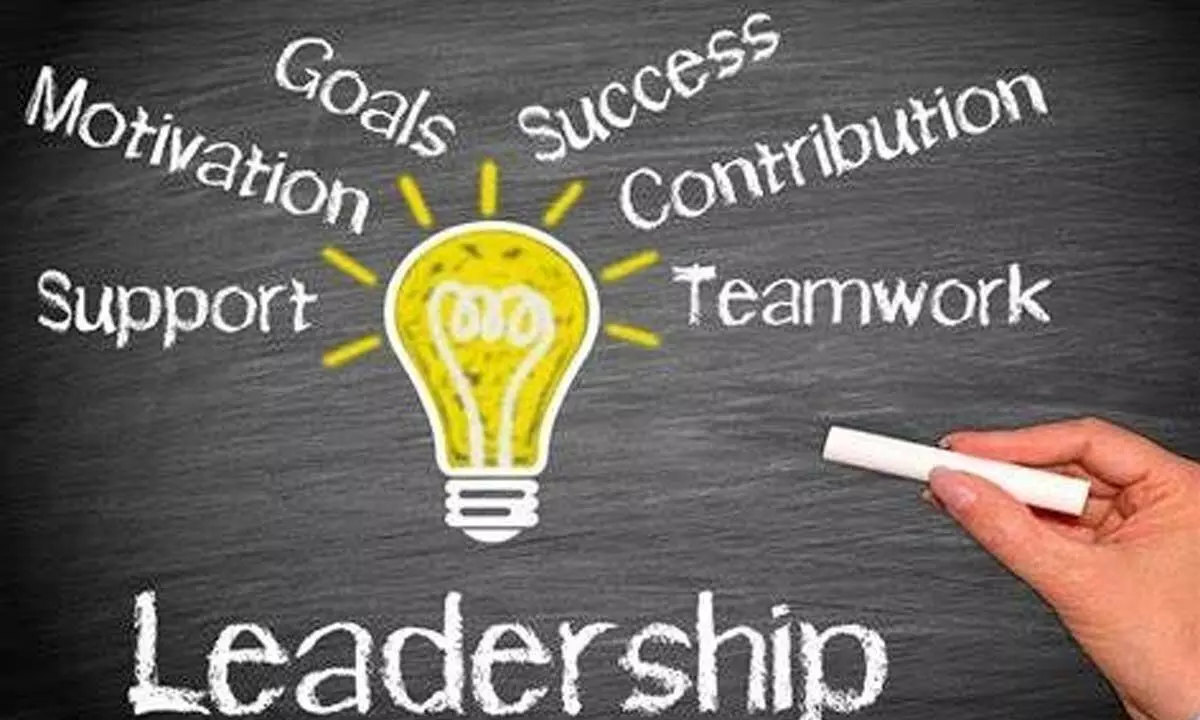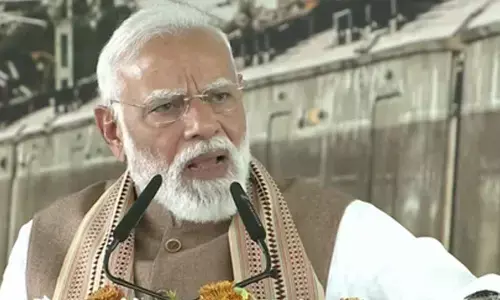How to develop your leadership skills

Representational image
If you want to improve your leadership skills or train someone to be a future leader, here are some pointers to help.
If you want to improve your leadership skills or train someone to be a future leader, here are some pointers to help.
Be their cheerleader
Supporting your task force is a major role as a leader. Motivating them and asking them to try new things or driving them to take up a new project helps you create a sense of passion and a feeling of 'I can do it' attitude in individuals. By doing so you set an example of how they too should motivate others and ignite the fire when someone needs that push in their life or at the workplace.
Step back for them to step forward
There will be certain opportunities where you could let individuals take the lead. You could let them take up the presentation with clients after you train them. Prepare them for future tasks and provide them with resources necessary for a presentation or a project for them to take lead and become more responsible. Taking up responsibilities and roles helps individuals learn better and it helps future leaders to lead better.
Be their safety net
When you let your team take the lead let them know you got their back. As a leader, be prepared for the worst when you let them lead, so that you too are prepared if anything goes wrong. Young leaders need a place of refuge where they can recover, renew, and refocus. Let them know that it's alright to make mistakes provided they learn from their mistakes and rework on it and perform better. Because nothing succeeds like a good failure. Organisations that learn from failures go farther than ones that punish them.
Be direct with corrections
Do not play around. Describe wrong behaviours, mistakes and explain the path to success. The goal is to guide individuals to correct performance or behaviour by identifying the problems, causes and solutions, not to take severe actions. If you invest in the development process and have the correct elements for success in place, mistakes and errors will be gradually reduced over time.
Constant learning
A good leader is also a keen observer and a good leader. S/he will constantly educate themselves and develop new skills to become a better version than what they were yesterday. If you want to build more leaders, make your team participate in activities that help them learn new skills which would indirectly help them perform better and also give them a taste of things that are not necessarily their KRAs! (Key Responsibility Area)
Make them a part of your Vision
Interpersonal communication has to be an integral part of a leader's skill set. If a team only has a vague idea of the company's goals, they'll also only have a vague understanding of how to help reach them. It's necessary that you communicate with your team what your story, goals, vision and expectations are. Communication is the cupid of any good love story! Just like in every relationship, communication solves most of the issues. The same goes in your relationship with your teams. Let them know that you need them to work together to achieve your vision, which in return helps them achieve theirs.
Accept feedback positively
When you communicate you tend to accept feedback positively, it creates an environment of productivity. It's not just your team that benefits from feedback, you need to ask them for feedback too and accept it positively. It shows that you too are human and learn every day from your mistakes. Nobody has all the answers and it certainly helps to see things from a variety of perspectives.
(The author is the COO and co-founder of One Impact, a digital branding company)








